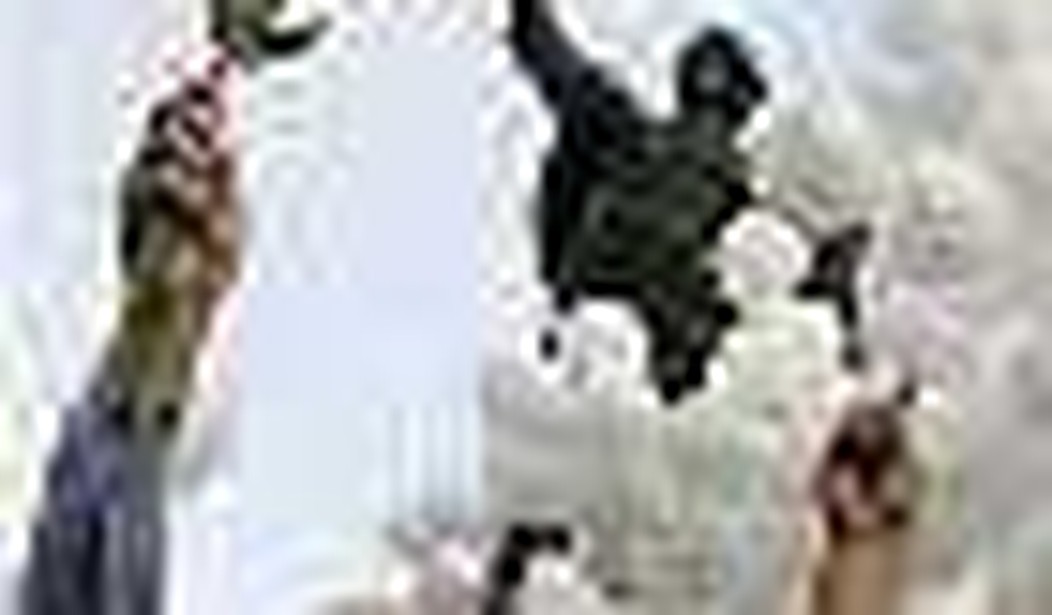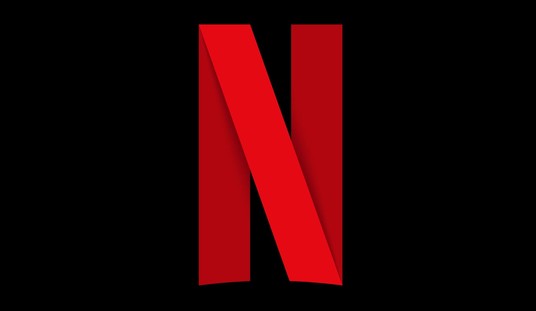“In this country (Lebanon) we have no choice but to live together,” said Sunni leader Saad Hariri after signing an agreement with rivals Hezbollah in Doha, Qatar. A week earlier, the Iranian-backed militia laid siege to his residence, blocked the airport road, and spread terror throughout Beirut’s mixed neighborhoods. Hariri, and his ally, Druze leader Walid Jumblatt from the majority March 14 governing coalition, chose the path of no resistance.
Last week, in the capital of Qatar, a country that hosts US bases and has open relations with Israel, March 14 sat down to negotiate a way out of the civil war that Hizbullah’s actions almost triggered.
The result was an agreement that some US pundits and Lebanese expatriates saw as capitulation to the Iranian-backed militia and the Syrian-Iranian axis. The Hezbollah-led coalition was given official veto power over cabinet decisions, and a say in the future electoral law. March 14 retained its majority in the cabinet, and the new electoral law will probably not affect their numbers in 2009. A president will be elected this weekend, and a dialogue on Hezbollah’s weapons will ensue. In short, the agreement maintains the status quo and replaces Hezbollah’s street terror with expanded cabinet influence, at least until the next parliamentary elections.
The Doha agreement, though imperfect by March 14’s own admission, bought the nation peace, even if a temporary one. It also made Hezbollah’s weapons a subject of discussion locally and most importantly, regionally. Chances are you will never hear a “moderate” Arab state singing the praises of Hezbollah’s “resistance” to Israeli aggression moving forward. March 14 has finally rid itself, once and for all, of the vestiges of misguided Arab nationalist rhetoric justifying everything as a prerequisite of the anti-Israel resistance.
Daily Star opinion editor Michael Young wrote:
“By so foolishly taking over Beirut militarily, the party only scared the other communities into sustained hostility. The party also has lost two cards: It has dismantled its downtown protest camp and won’t be able to close the airport road for some time. Its weapons have become a subject of legitimate national discussion. And what kind of war can Hezbollah hope to wage against Israel in South Lebanon when most Lebanese, and quite a few Shiites, have no desire for war? Most importantly, Hezbollah has been about the negation of the state. If the post-Doha process is about the building of a state, then the party and that state will eventually clash.”
The agreement sent a positive shockwave throughout Lebanon that reversed much of the negativity that some pundits directed toward citizens who lost access to their city center for over year and a half, and who saw their country descending into the abyss.
“The sense of celebration that was bordering on a Christmas spirit was infectious,” commented Naja, a Beirut based contributor to From Beirut to the Beltway. “As a little insight, my mobile phone inbox is jammed with messages saying ‘congratulations’, such is the shared feeling of relief.”
Pace University Professor Ghassan Karam is one of many Lebanese expatriates lambasting the agreement, casting doubts over its long term viability. “The greatest failure of Doha is its inability to learn from history. [Hezbollah] and its allies were able to disrupt the functioning of the cabinet even when they did not have a veto power,” he wrote. “So tell me again why is it that this time around it is going to be better?”
“I’m not overly happy with this agreement (nor am I overly sad) so I won’t stand here and defend it point for point,” wrote Blacksmith Jade. “But what I do know is that it will pull the country’s everyday citizens away from a [regional] front we have no business being on [and which Hezbollah’s weapons, exclusively, place us on], and it will draw the country’s Shiite community back into the institutional fold which their ‘leaders’ sought to carve them out from.”
“To be sure, both of these results are for the moment temporary, but as things stand today, temporary is all we can afford.”
Many in the anti-Hezbollah camp are unhappy with March 14. The one time the government took a daring decision to dismantle Hezbollah’s spy network, a civil war nearly broke out, leading to the government rescinding its decisions, and March 14 signing an agreement giving them veto power in the cabinet. But while anger at March 14 is understandable, something has to be said about their decision to avoid a military confrontation at any cost. Hezbollah feeds on violence, and March 14 did not want them to have it. They did not want Shia blood on their hands. If Lebanon is to continue being a nation for all of its 18 sects, March 14, a peaceful independence coalition, cannot turn into a militia like Hezbollah. The spontaneous resistance that Hezbollah faced in the Druze mountains may have inspired some, but it threatened to ignite a sectarian warfare that no one could have controlled, and that would have made the prospects of peace very slim.
“It’s going to be a fantabulous summer”, predicted Lebanon-based Finkployd. “By tomorrow morning, you’ll be able to drive up from Starco to Falafel Sahyoun for a quick [sandwich] in less than 5 minutes,” the blogger wrote the day the agreement was announced. This simple sentiment best represents the thinking of many Lebanese who couldn’t care less about winners and losers, as long as the killing stops and the party is back on.
“As Nadia Tueni said: Beirut died a thousand times, and rose again another thousand,” wrote Naja. “Only a sour mind wouldn’t feel mildly optimistic, and to hell with the negative.”
Abu Kais is a Lebanese journalist who works and lives in Washington, DC. From Beirut to the Beltway is his anonymous blog, focusing on Lebanese politics since 2005.









Join the conversation as a VIP Member